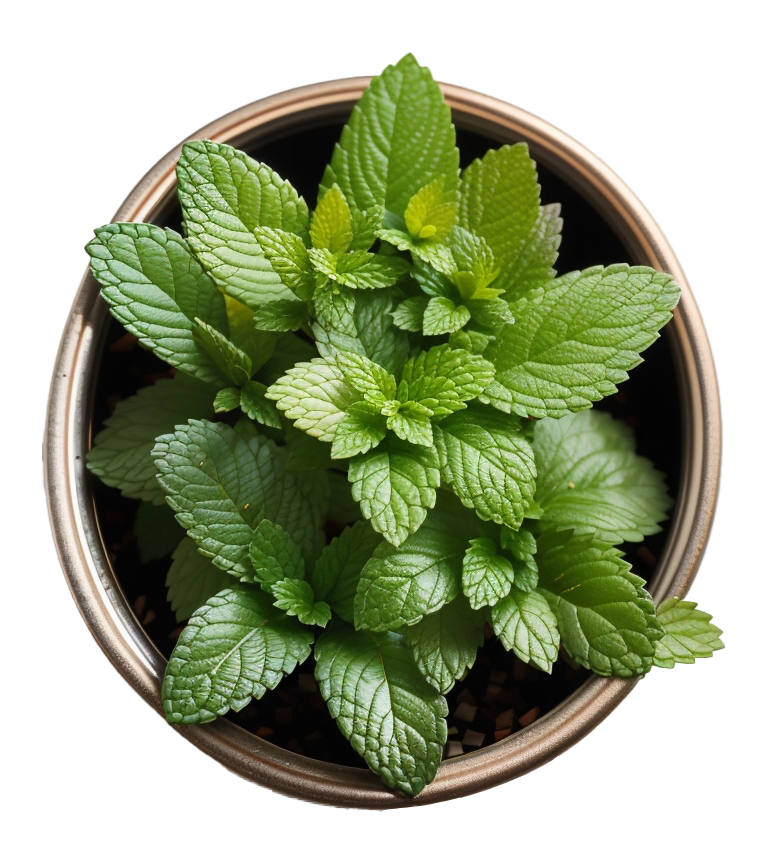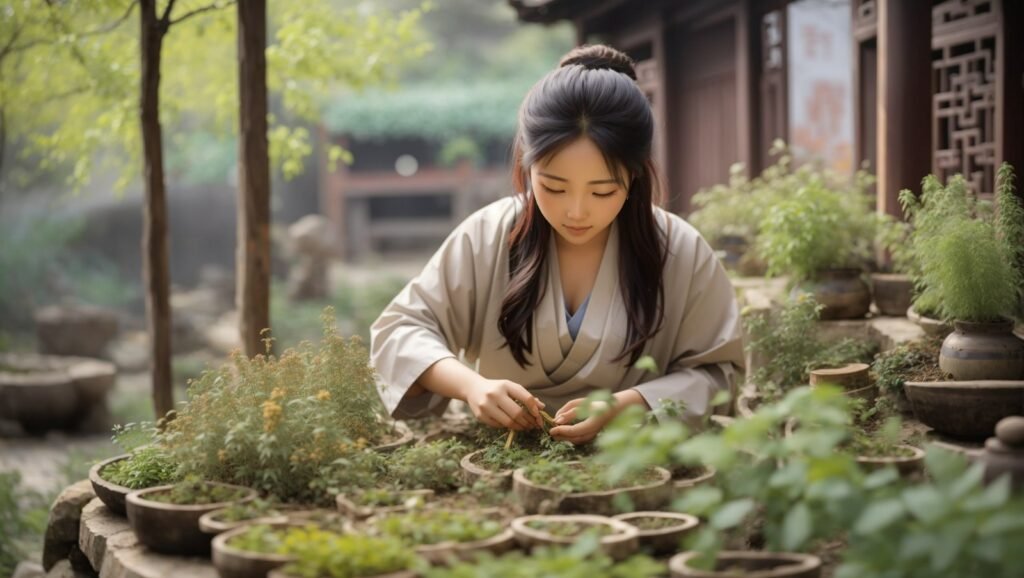
About Essential Oil
Essential Oil History

The history of essential oils dates back thousands of years and has been intertwined with the development of medicine, perfumery, and various cultural practices. Essential oils were used in ancient Egypt 4,000-5,000 years ago. The ancient Egyptians were known for their advanced knowledge of herbal medicine and the extraction of essential oils from aromatic plants.
Aromatic oils were an integral part of Egyptian culture and were utilized for various purposes:
1.Medical purposes: Essential oils were used in medicinal preparations to treat a range of ailments and health conditions. They were believed to have healing properties and were used in remedies for respiratory issues, digestive problems, skin conditions, and more.
2.Religious and spiritual ceremonies: Egyptians used essential oils in religious rituals, temple offerings, and embalming practices. They believed that the aromas of the oils connected them to the divine and aided in spiritual communication.
3.Cosmetics and personal care: Essential oils were used in beauty treatments and cosmetics. They were added to perfumes, cosmetics, and skincare products, enhancing their fragrance and therapeutic benefits.
4.Aromatic baths: The ancient Egyptians enjoyed aromatic baths, which were believed to have both physical and spiritual benefits. Essential oils were added to bathwater to promote relaxation and well-being.
Move to Asia, in India Ayurveda and Traditional Chinese Medicine (TCM), the ancient healing system of Ayurveda utilized essential oils as part of its therapies. In TCM, aromatic plants were also used in combination with acupuncture and herbal medicine to treat various ailments. In the Middle East, such as Mesopotamia and Persia (modern-day Iran). These civilizations had extensive knowledge of herbal medicine and aromatic plants. They used essential oils in religious rituals, embalming, cosmetics, and medical treatments.
The ancient Greek physician Hippocrates, often regarded as the “Father of Medicine,” made notable contributions to the field of herbal medicine, including the use of essential oils. He documented the therapeutic properties of various aromatic plants and their oils. His writings influenced the practice of medicine in Greece and beyond. The Romans were greatly influenced by Greek culture and knowledge, including their use of essential oils and aromatic plants. They adopted many Greek practices and expanded upon them, incorporating essential oils into their daily lives. Both the Greeks and Romans recognized the importance of essential oils in various aspects of life, from medicine and religion to beauty and daily rituals. Their use of aromatic oils and plants laid the foundation for the development of perfumery, cosmetics, and herbal medicine that continue to influence modern practices today.

